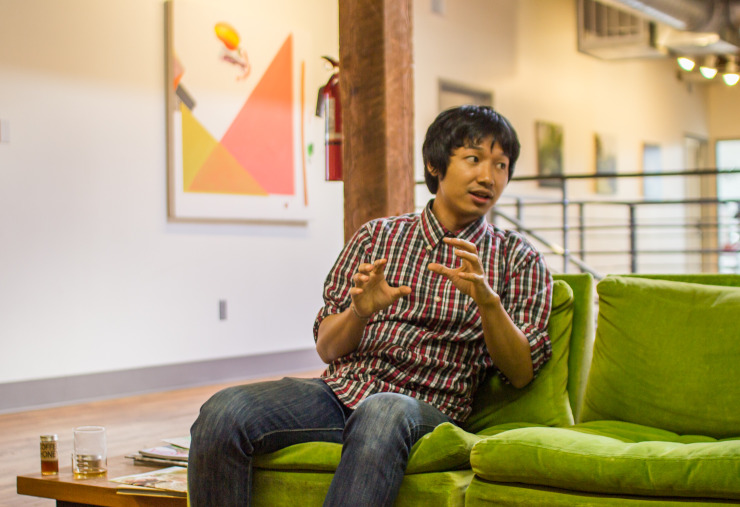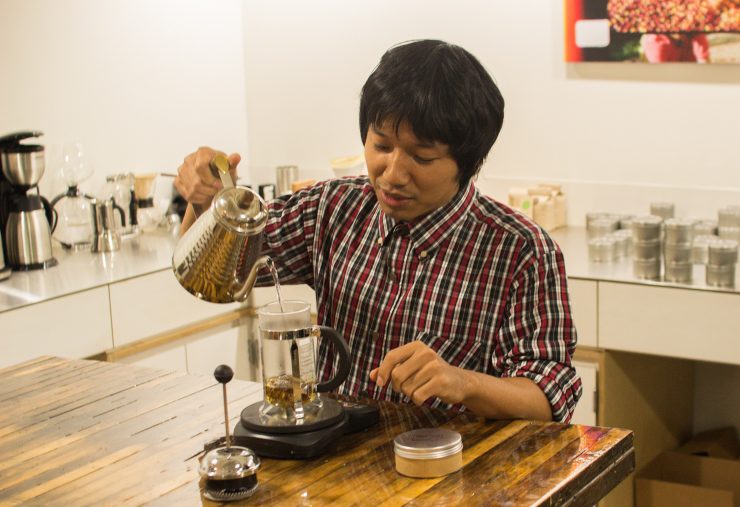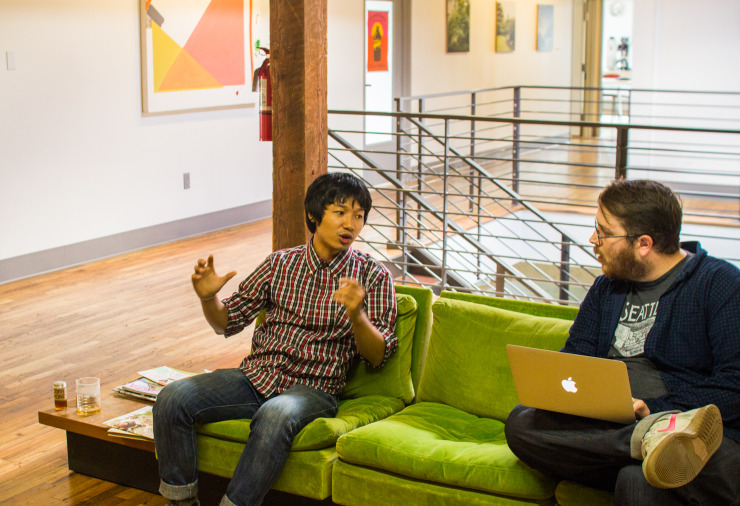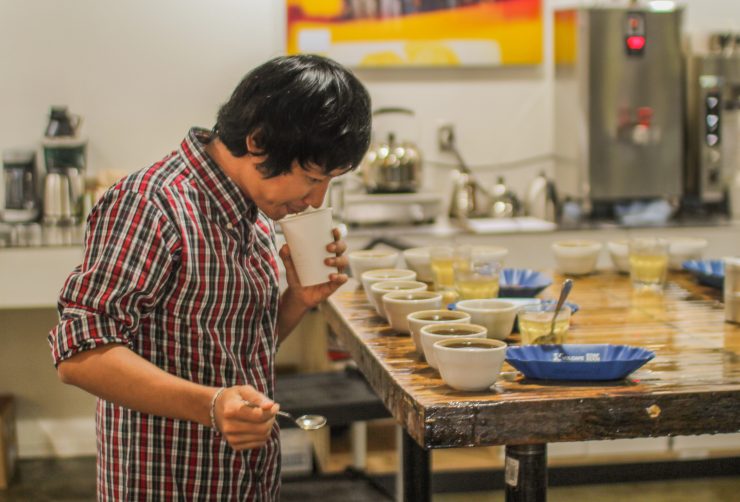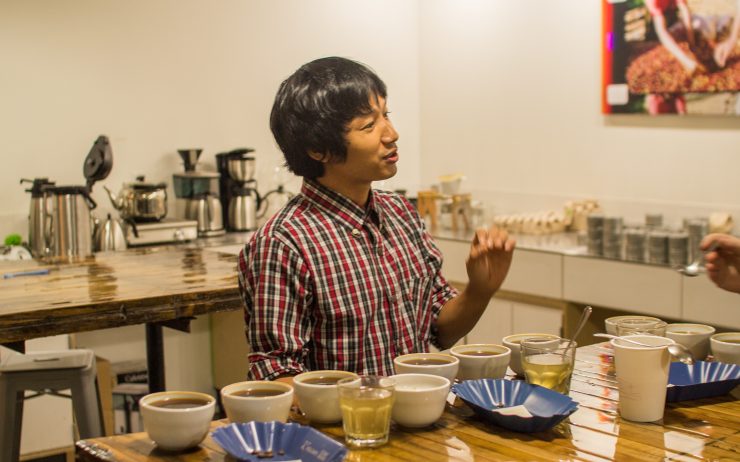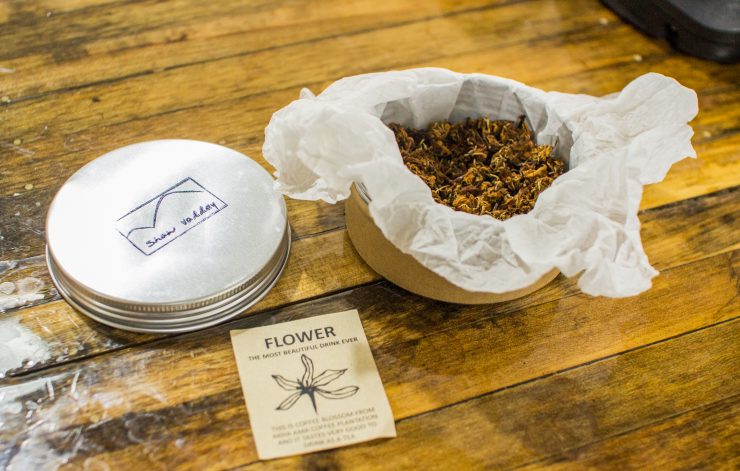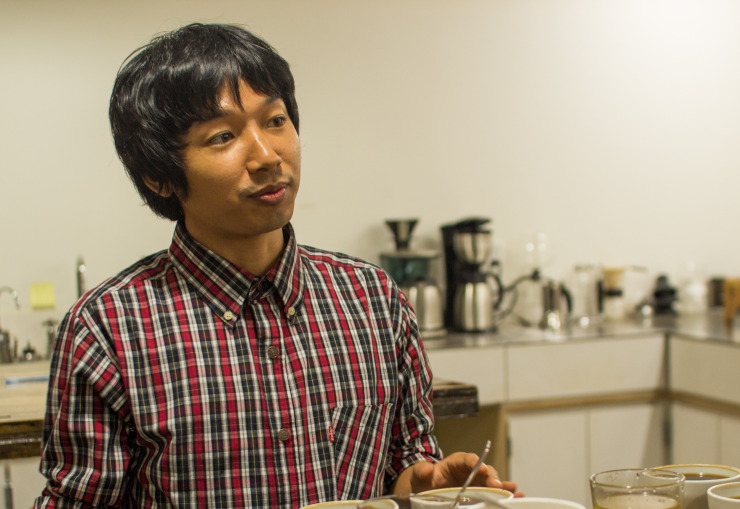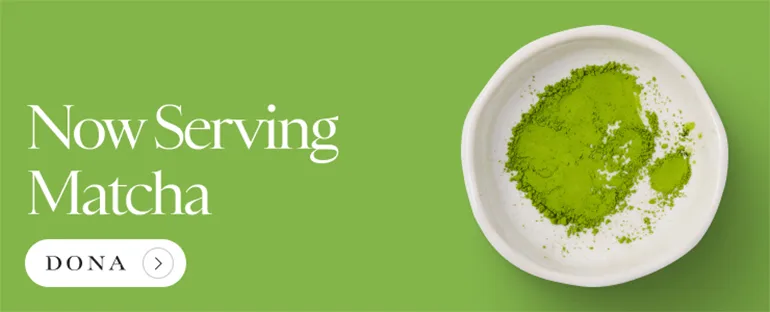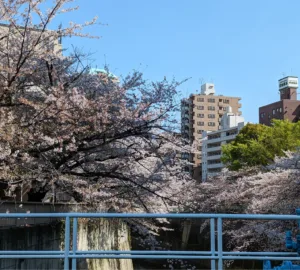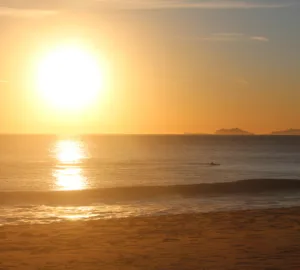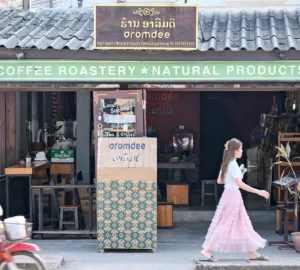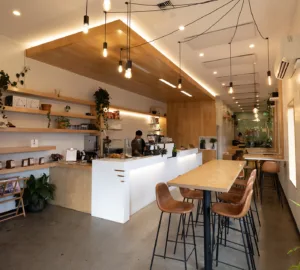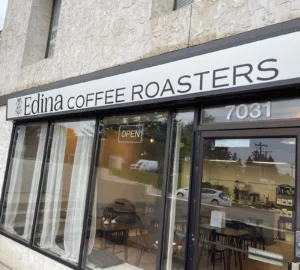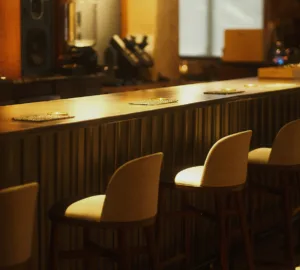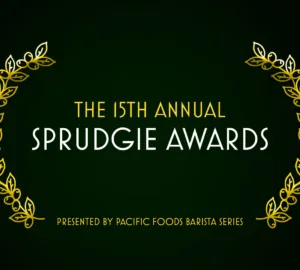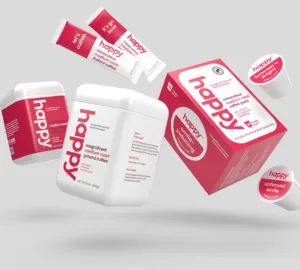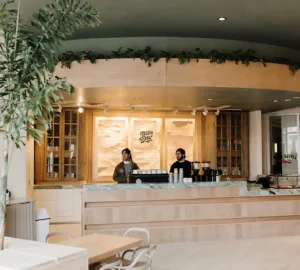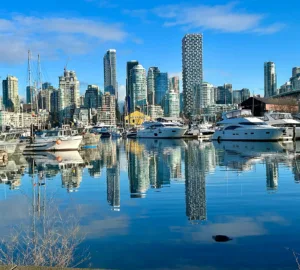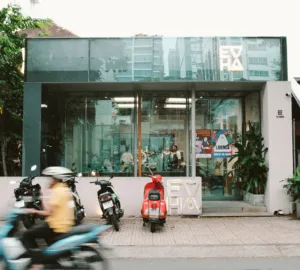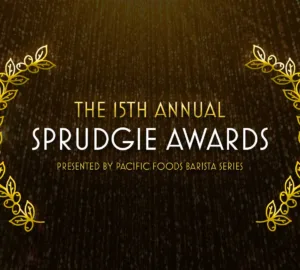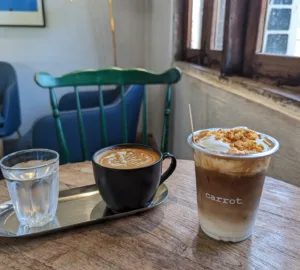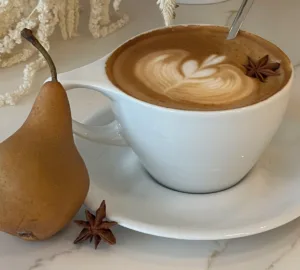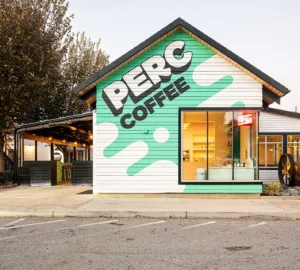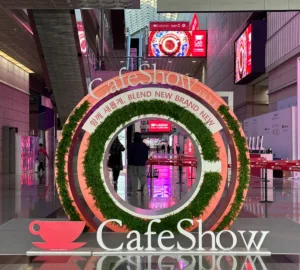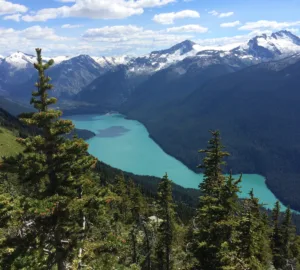Lee Ayu is not your average coffee entrepreneur. Born in the Akha tribal village of Maejantai, located in a remote national park in northern Thailand, Mr. Ayu is the founder of Akha Ama Coffee, a multifaceted coffee company that fuses social enterprise with small business ownership on the farm, cafe, and wholesale level. Working directly with Akha farmers, Lee Ayu has transformed life in the village he grew up in, and thanks to the generosity of a few key friends—including James-Beard-Award-winning chef Andy Ricker and Stumptown Coffee founder Duane Sorenson—Ayu shuttles between the United States and northern Thailand each year, taking valuable lessons from Portland and San Francisco back home to Chiang Mai.
We met Ayu when we were first made aware of his latest specialty: a tea made from delicious and ever-so-lightly roasted coffee blossoms, part of an ongoing trend that’s presenting this delicious (and overlooked) part of the coffee plant in new and exciting ways. We did try the tea; it was delicious. But we found so much more: Lee Ayu is like a Thai version of the Horatio Alger story, a real-life narrative that speaks to the transformative power of education, entrepreneurship, and coffee.
Sprudge.com spoke with Lee Ayu from the Stumptown Coffee headquarters in Portland, Oregon.
Tell us about your background and how you got here.
My real background is as a social worker. I’m helping an educational project back in Thailand, the Child’s Dream Foundation, an international charity organization. My background is very different from most people’s backgrounds. I’m from one of the most remote villages in Thailand and the limitations are very high for education.
I went to a monastery school for secondary through high school, so I didn’t need to pay or worry about my accommodations. Because I’m not really smart, or particularly clever as a student, entrance to a University was difficult for me. I thought that this was the part of my life where I would need to just go home and stay home and help my mom on the farm.
But I felt like…I cannot just stay home. I want to bring out the movement that people can connect with society, a bigger society than just staying in a small village. But how can I do that? I started by going to the city and trying to find scholarship programs. It turned out that one university in Chiang Mai, I was lucky, had an open spot for me. So I asked them, could I study for my bachelor degree here? And they said—but how?
I wanted to study English, but my English was very bad at the time, and they asked me, “Why do you want to study English when you cannot speak English?” But I wanted to learn. I wanted to use my skills to talk to people and bring more opportunity to Thailand and help children reach a better education. So that’s my background motivation.
So I got into the University and they said, “We can offer you one week, and if the professors evaluate you and say you can, then you can stay here.” And the professors at this school are from Australia, UK, USA, everywhere—this is an immersive English program, every subject you learn is in English. For someone from the monastery school like me, that’s not easy at all. People would look at me, modern guys from the school, and say, “That’s temple boy—that’s a stupid guy.”
But that made me increase my motivation. After a week, the professor evaluated me and said, “Lee, you can continue to study but you have to study harder. The reason we are giving you this opportunity is that we believe that you will work very hard to learn here, even though you don’t know anything about English yet.”
After that, I decided to go to Child’s Dream Foundation as an intern, and after 3 months they offered me a full-time staff position. That’s where I got my first job, to help Child’s Dream do an educational project in northern Thailand, focused on the refugee camps there.
I used to think I was a very unlucky person because I’m born in a village, and nobody even spoke Thai, much less English, so I had to start from zero to learn how to speak Thai. But with Child’s Dream, when I went to the refugee camps, it made me freak out. It made me realize how many people are more unlucky than I am. People who don’t even have a leg because they stepped on a land mine. So many children dying because of malnutrition and malaria and disease. It kills me. I stayed there on that project for three and a half years.
When I went back home, to the village where I was born, the villagers were still struggling. They have a problem with how to get support for their children to go to school. So it made me feel a little bit guilty about like, am I the only one that has this privilege? Why don’t I go back to my village and start a project to bring back a better opportunity for the villagers?
I talked to my parents, my family, they were SHOCKED when I said I wanted to come back. They said, “Why do you want to come back home? You spent your whole life in school, and now you are telling us that you went to school to stay home?”
And I said, “No, no, mom, I want to do a project that will support you and other villages to help improve the economic situation back in the village.”
I went around and talked to the villagers, and I found out that more than 50 to 60 percent of the kids in my region have to drop out after primary school to work in gas stations or restaurants or karaoke bars or construction sites. Many of these places are not healthy at all and have a lot of problems, with things like drugs, HIV, all this stuff.
Why can they do only primary school? What happened? The reason why is because after primary school in Thailand you have to pay for so much. Travel to a city, room in a boarding house, transportation, food, anything that you want, just the daily expenses of getting an education were out of reach for so many people I grew up with.
But then I realized that we grow so many things in my village: apricots, plums, cherries, peaches, persimmons, plus all kinds of vegetables and rice. That’s great, but none of these things I can see becoming a regular income for farmers to send kids to school. So I talked to many villagers and they said, you know, we grow so many things, but we don’t know how to make a market for them. My villagers, they don’t speak Thai, they speak Akhai, which is the language of our tribe—we could grow all these things, but we had no way to sell it for money to use in school.
That was the moment I made this realization. I told my mom I wanted to do a coffee project. And my parents said, “Why do you want to do a coffee project? You don’t drink coffee. Nobody here drinks coffee. Are you crazy?”
And I said, “No, I will learn. I will drink coffee, and I we’ll learn how to do good coffee here, and it will bring income to the village.” That’s how the project started, and in March 2010 I launched Akha Ama Coffee.
How has the project grown since then?
When I started, I talked to the families in the village and tried to convince them to join me. All the farmers said, “This is a good plan, it’s a good idea, but we cannot trust you 100 percent because we haven’t seen your performance.” They asked me, “Do you mind if you start and then, if everything is going well, we can join you?” Of course I felt a little bad that no one wanted to join with us from the beginning, but I realized that the villagers were worried this project would just come up for a moment, and then go away.
So that first year I used two tons of coffee I had from my family, that we processed and roasted, and I gave out samples to SO many people out there, to cafes, restaurants—mostly in Chiang Mai—some places that don’t even drink coffee. It took me at least nine months for people to come by and say, “Oh, let’s try Akha Ama Coffee—I heard some little guy is giving out coffee to the whole town!” It became something that people talked about in Chiang Mai. I hired boys to run out with their motor bikes, giving out coffee samples here and there. Eventually people came back to my office and I would pull them a shot of espresso or make them a pour-over or whatever, and give it to them to try. This is how we signed our first customers.
Talk to us about how Thai coffee is perceived in Chiang Mai.
There is a stigma against Thai coffee in Thailand. Even Thai people believe that Thai coffee is not good and cannot be made drinkable. The only thing they think they can do is roast until very dark, and then make an iced coffee with condensed milk and sugar and lots of milk. It has been very difficult to change this perception, but this is what we are trying to accomplish.
In 2010, not too long after we started Akha Ama, the World Barista Championship and other events were held by World Coffee Events in London. So I sent our coffee to London—the WCE was doing a selection from all over the world for that year’s World Cup Tasters Championship event. Our coffee was selected! This was the first time Thai coffee was served at one of these events. I was just freaking out. It was, wow, it helped support something I had been thinking, which is that this coffee is quality, and that quality can be shown when people taste it.
I think with good efforts we can improve Thai coffee. We can improve processing and growing to make it better. Many countries sell high quality coffee with varieties that have come from other parts of the world, and with education and resources that they’ve learned from other successful quality coffee growers. Thailand has the same altitude and elevation as many of these successful countries. Why not grow high quality coffee here?
That’s why I pushed so hard for my project. In the first year it was only my family. In the second year, we had five families involved. Now we have more than 20 families that we work with, and we’re doing 25 tons of coffee a year. We’ve grown from 2 tons of coffee a year to 25 tons of coffee a year. This is not small.
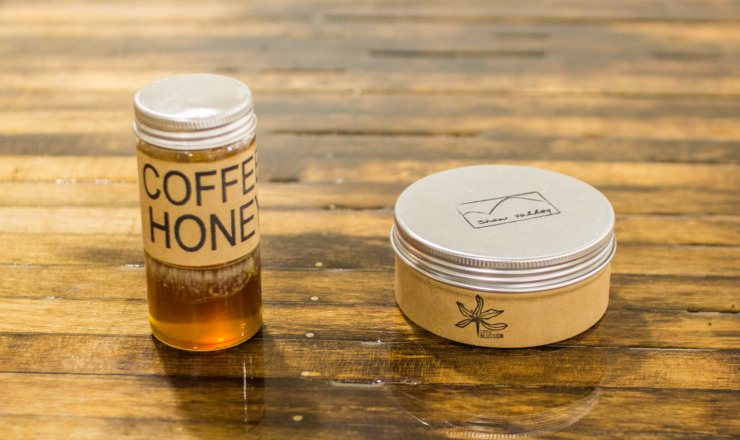
How has coffee production transformed life in your village?
This is my biggest motivation. My motivation is to support those farmers, those families, to be able to come up with a higher quality of life, and to be able to pay for their children to go to school. I hope that someday these kids will go to school and graduate and come back and help their families. That’s my idea—why don’t we support these people, support these young children, to get a better opportunity? I want to get more connected to the world, and then bring it back. To go out into the world and harvest good knowledge and come back.
My village used to be one of the least educated villages in Thailand. Now we are one of the highest quality, highest educated villages in that area. It’s taken so long for that to happen, many years, but it’s really worth it.
Talk to us about how Stumptown Coffee and Andy Ricker of Pok Pok are involved.
So back home, harvest is only once a year. I’m trying to think about Akha Ama’s plans for the next 5 years, the next 10 years. [With Stumptown] I got the opportunity to learn some incredible processes—cupping, roasting, QC, quality—and just got a better sense of what quality coffee is, what it should taste like. It is so valuable for me to come out to the United States and talk to people who have knowledge about coffee. I can come here and learn, study, and bring it back to Thailand. This is the best opportunity for me to get that knowledge.
Andy Ricker comes to Chiang Mai two or three times a year. And as it happens, he loves coffee, and before meeting me he met one of my friends in Thailand who said, “Oh yeah, there’s this good coffee in Chiang Mai. You should go to have coffee at Akha Ama coffee.” And so he came into my cafe! It’s a very little cafe, and he sat down and drank our coffee and had kind things to say, and started coming back every day while he was there. This was in 2011.
And then the funniest thing happened. He asked me, “Do you want to study coffee somewhere? Do you want to travel?” And of course I said “Yes!” And we got to talking about where I wanted to learn from, and I told him that Stumptown coffee was a brand I admired very much, and would love to study from.
And he said, “You are talking about Stumptown Coffee in Portland?” Which I was. He told me, “I am good friends with Duane Sorenson, who is the owner of Stumptown Coffee.” And I just…I could not believe it, but i said “Yes, of course, please introduce me!”
Two years later I finally came here, in 2013. Andy Ricker is the one who supported me with my airplane tickets, and I am so appreciative of Duane Sorenson and Stumptown and Andy Ricker for all they’ve done for me.
Akha Ama now has multiple cafes in Chiang Mai—tell us about what that cafe scene is like.
We have two cafes in Chiang Mai. The newest one is in the middle of the city, on a Sunday walking street in Chiang Mai called Rachadhamnonm Street. Our original shop is in Chiang Purh area.
At the first cafe we use a La Marzocco Linea PB, it’s brand new and I love it. At the second cafe we use a lever machine from Italy. We make pour-over at both of these cafes—in Thailand, the most popular pour-over method is the Hario V60. In our culture there is very dark coffee, like…”kaboom!” so dark. If I served coffee how I like it back in Thailand they would say, “Oh, is this coffee? It it so light!” That’s something that you might realize if you go to Thailand: the coffee is creamier, more strongly brewed, and much darker.
If you go to Chiang Mai, besides our cafes, you have cafes like Doppio Ristretto, Pacamara, and Happy Espresso that I can recommend. Chiang Mai’s coffee scene will blow your mind—the equipment, everything there, it’s exactly what you can find here in the United States. The cafe culture is very connected to the West, and heavily influenced by Australian and American cafe culture.
Modern style cafes are still very new in Chiang Mai, and only go back around 5 years. That’s something I always hear from visitors: “I came here 10 years ago and could not find good coffee to drink, but now it’s everywhere.”
You’ve also done some work down in San Francisco, right?
Yes. In San Francisco I am getting training for roasting and cupping with Four Barrel Coffee and Red Fox Coffee Merchants. In Portland, I am learning not just about cupping and roasting but also about management, about how to set up green storage rooms, plus roasting and cupping, too. I’m trying to learn how to reach operations that are consistent, especially when it comes to wholesale and retail. This is amazing for me, and I want to bring that knowledge back to Thailand.
How is the business structured between yourself and the farmers?
It’s very intimate, a very close relationship between all of us. My younger brother and my mom go out everyday to see the farmers, to see what they harvest and how high the quality is. We’re talking about very small washing stations–we have 11 stations, serving 20 families–and many of our farmer partners will depulp and deshell the cherries, and then wash by themselves. More and more farmers these days are buying their own depulping machines. It’s good.
This is an idea on how to empower them. This way they are also the processing plant. I want the farmers to learn about the process, whether they sell to Akhama or sell to other people, it is open to them. I’m not the only one getting knowledge about how to process—they are getting processing information as well.
I have offices in the village and also in Chiang Mai. My family though, my brothers—they are there every day in the village, and are able to call me.
What is the general agriculture style like in your village?
One thing I will tell you about is, by law, we are living in a national park in Thailand. So you cannot just do whatever you want—you cannot just go out to cut a tree down and plant coffee. But we have been living there for such a long time. The idea behind agriculture and coffee here is, we want everyone to still grow fruit like they were before. After the coffee harvest, you can still live off the fruit and vegetables you grow, and use your coffee income to send your children to school.
Growing a lot of kinds of plants, like fruit, is good for soil nutrition, and good for the coffee we produce. You would be surprised, because a farm that only grows coffee, several years later the pollination is not good, because you don’t have multiple kinds of insects coming around.
So we practice a kind of integrated farming system, and this helps us very much with income generation. Coffee harvest is during the cold season, vegetables come in during the rainy season, and fruit can be picked in the hot season.
And now, in just the last two years, the villagers are starting to drink the coffee they grew, because we’re bringing it back to them roasted. Those are incredible moments. The farmers are almost in tears, they are so proud of the coffee that they grew in their cups. They don’t know it’s good compared to other coffees, but it makes them proud. Now every time I am back in the village, they will call me and say, “Lee! Come! Brew us some coffee!”
Do you think someday Andy Ricker might serve your coffee at his restaurants?
Serving my coffee at the Pok Pok restaurants in the long term would be a great accomplishment for my farmers, for Akha Ama, for everyone. But this is still the beginning of my development. The company has been alive for less than 5 years. So when I think about an opportunity like that, my heart is there already, but the business is not there yet. We need to make sure it’s consistent first, and that’s not easy. We have to make sure we don’t spoil it for our customers, especially for someone like Andy Ricker, I would never want to have inconsistent coffee for him.
But I do think someday for sure you will see Thai coffees in the United States. Give me some time. I have to make sure it’s good, and make sure everyone has a chance to have it. I still have so much to learn. I hope to someday be able to sell to importers in the United States, but not for years from now. I must think about these things in the long term.
Photos by Alex Bernson for Sprudge.com.
Interview by Jordan Michelman.











